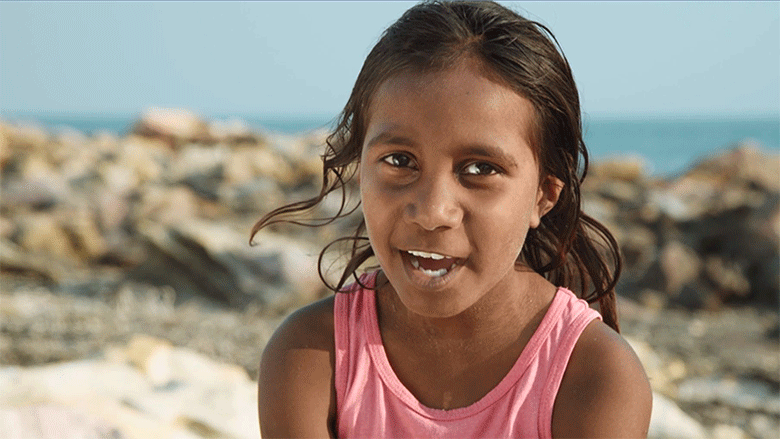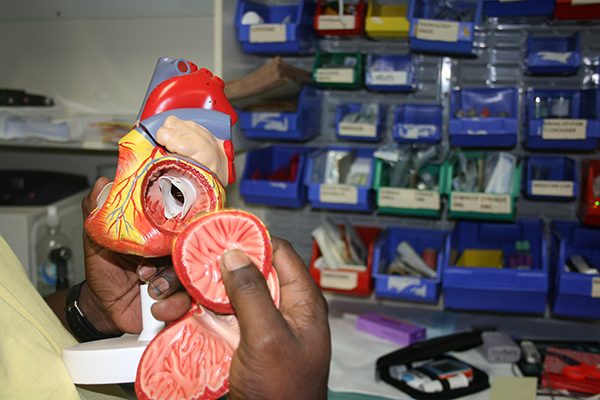Search

News & Events
Six-minute Strep A tests dramatically cut wait time in remote settingsChildren at risk of potentially life-threatening Strep A infections no longer have to wait five days for timely treatment, thanks to a The Kids Research Institute Australia study conducted in the remote Kimberley region of Western Australia.

News & Events
Partnering with communities to reduce rheumatic heart disease in the KimberleyThe Kimberley has the highest rates of rheumatic heart disease (RHD) in Western Australia – but through the establishment of a new community-led, research-backed project known as END RHD Communities, there’s hope this will change.

News & Events
The Kids Research Institute Australia researchers finalists for 2016 Eureka PrizesThree Perth researchers from The Kids Research Institute Australia have today been named finalists for the 2016 Australian Museum Eureka Prizes.

News & Events
New Rheumatic Heart Disease CentreThe Kids Research Institute Australia is proud to announce the launch of a world class Centre of Research Excellence in rheumatic heart disease (RHD).
Research
Rheumatic heart disease among adults in a mining community of Papua, Indonesia: findings from an occupational cohortTo describe the pattern of RHD occurrence in a sample of presenting cases from an occupational cohort in Papua Province, Indonesia.
Research
The 5 × 5 path toward rheumatic heart disease control: Outcomes from the third rheumatic heart disease forumThis editorial viewpoint regarding the outcomes from the third global Rheumatic Heart Disease Forum intends to carry forward dialogue & engage new...
Research
Prevention of rheumatic fever and heart disease: Nepalese experienceHistorically, many young people suffered severe valvular disease and died awaiting heart valve replacement.

News & Events
The Kids takes fight against one of the world’s deadliest bugs to national stageLast night, almost 60 supporters gathered at Adelaide Town Hall for the inaugural The Kids Research Institute Australia Adelaide Lecture, Not Just a Sore Throat: The Race to Stop One of the Deadliest Bugs on the Planet.

News & Events
Preventing RHD through community-driven activitiesHealth activities driven by remote Indigenous communities may be key to the sustainable and successful treatment and prevention of a potentially fatal disease, a study has found.

